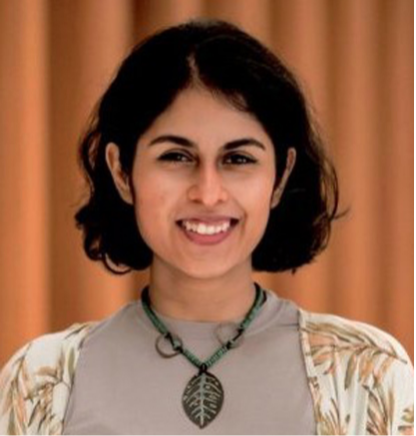
On March 25 - 29th, 2019, the UN Group of Governmental Experts on Lethal Autonomous Weapons Systems (UN GGE on LAWS) convened for teheir fourth meeting in Geneva. The focus of the meeting was four-fold:
- Further exploration of the challenge to international humanitarian law.
- Elucidating the defining characteristics of autonomous weapons systems.
- A consideration of the human element, accountability, and human-machine interaction.
- A exploration of potential military applications of LAWS-related technologies.
However, while all eyes are on the UN GGE for any potential framework on LAWS, the Convention on Certain Conventional Weapons (CCW) is notoriously slow and encumbered by its consensus-driven model of decision making. Most notably, persisting inequity, remains the most problematic aspect of the CCW process and forms the broader debate around LAWS.
Despite the fact that African countries make up 28% of UN’s total membership, its views are barely represented outside the continent. There is an assumption that African states are preoccupied with very different development and security concerns and that autonomous weapons are simply not a priority for them. However, in reality, LAWS are as much a pressing security issue for African nations as they are for the P-5. Between the Somali Civil War, communal conflicts in Nigeria, the Boko Haram insurgency, and several other instances of armed conflict, Africa is where some of the deadliest, most persistent violent conflicts in the world take place. Autonomous weapons, even with their promise of greater policing power and potential to reduce casualties, would be dangerous if deployed in such conflicts, especially in the absence of norms and legal frameworks.
There is an assumption that African states are preoccupied with very different development and security concerns and that autonomous weapons are simply not a priority for them. However, in reality, LAWS are as much a pressing security issue for African nations as they are for the P-5.
This context has shaped the African response to autonomous weapons. For instance, Algeria, Egypt, Ghana, Uganda and Zimbabwe along with The African Group represented by South Africa were some of the first countries to have supported a ban on killer robots. Each statement reflects different priorities: for some, the concern is human control; for others, it is the potential for a massive numbers of casualties falling outside the purview of international humanitarian law. Ghana and Zimbabwe present arguments that acknowledge that great powers will continue to develop LAWS for their immense military benefits irrespective of the views of smaller powers. This last point in particular best reflects the paradox faced by African actors calling for a ban: no legally-binding instrument on LAWS is possible with the backing of the P-5. Moreover, while the most prominent non-governmental actors on the global stage push for a ban, the active pursuit of the same capabilities by the militaries of the Western countries they originate from, continues in parallel.
LAWS are thus transforming into an arena of geopolitical and strategic competition while also reflecting the same inequalities that have characterised technology-led military innovation for decades. In the case of LAWS, there is a strong first-mover advantage due to exponential increases in lethality provided by even the most incremental improvements in speed and efficiency. Currently, research and investment in AI/ML and robotics is dominated by the US, China and a handful of other major powers. In 2016, 80% of the $26-39 billion invested by private firms in artificial intelligence was by Alibaba, Amazon, Google, Facebook and Baidu. Similarly, some of the largest seed-funded robotics startups of 2018 were Chinese, American and German. Thus, the great powers control the technologies as well as the institutions and the agenda.
LAWS are thus transforming into an arena of geopolitical and strategic competition while also reflecting the same inequalities that have characterised technology-led military innovation for decades.
Most global-level institutions and platforms have a similar approach to the African problem: they have them at the table, but rarely build and shape the debate on terms that translate to their countries. Given the stakes state and civilian actors in Africa have in shaping the development of norms and technologies linked to LAWS, an Africa-centered LAWS debate is much overdue. For several of these countries, the conflicts are close to home; the distant geographies and distant futures that concern most of the major powers are not directly relevant.
The views expressed above belong to the author(s). ORF research and analyses now available on Telegram! Click here to access our curated content — blogs, longforms and interviews.




 PREV
PREV


